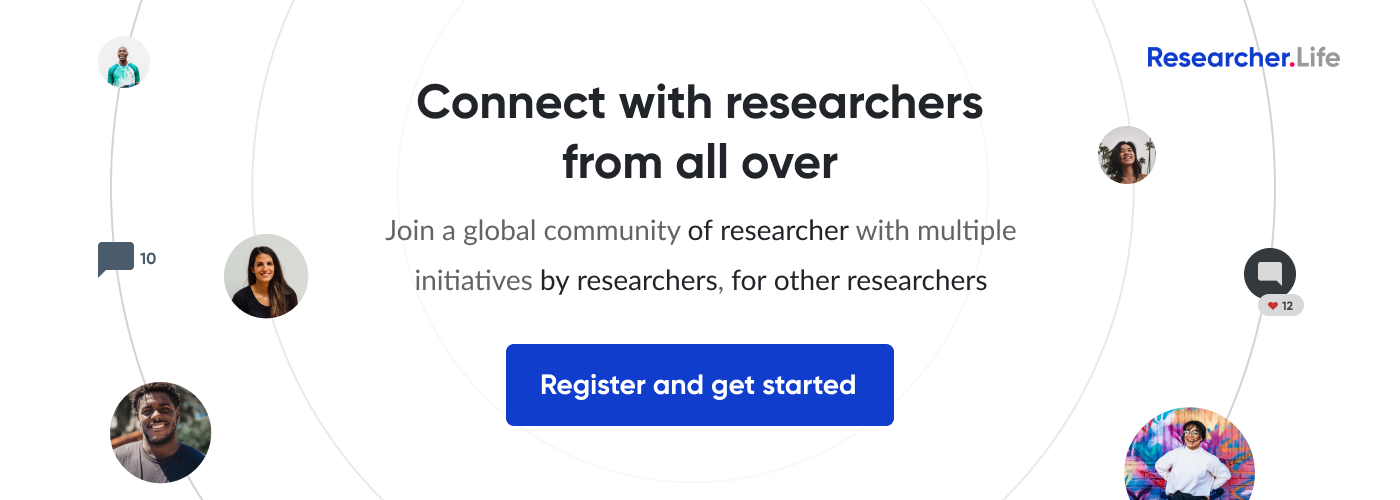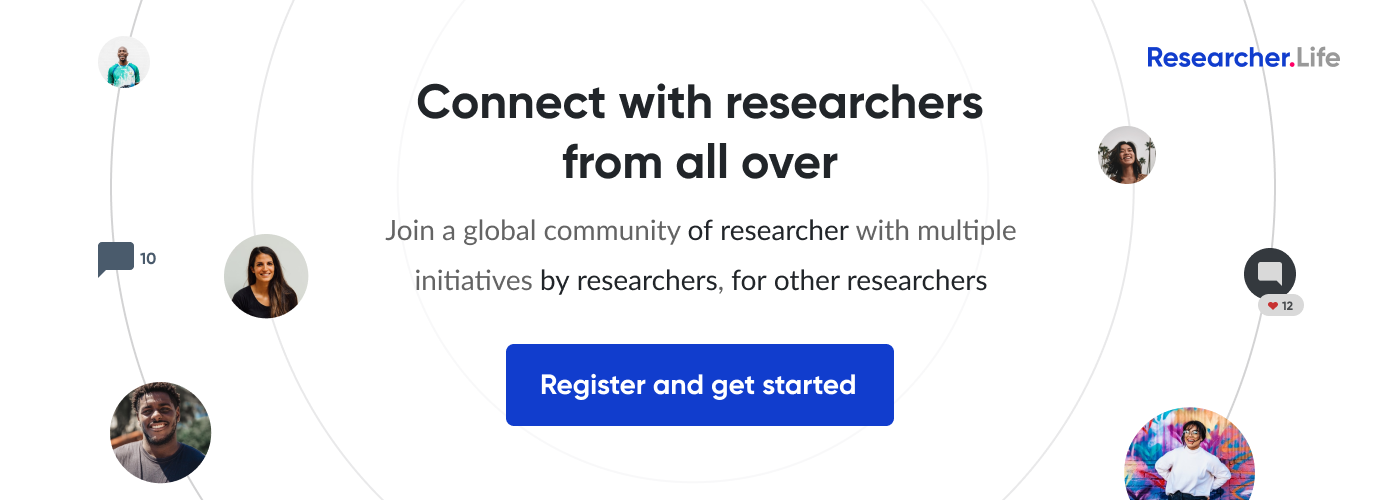A scientific perspective on emotions

Love is a powerful force that can take us from euphoria to anguish. Throughout history, it has remained the most pervasive subject of human culture and relationships. But is it just an inexplicable emotion or can science decode it? Emotions can seem like concepts that cannot be described and that are far removed from the fact and evidence-based nature of science. But these concepts are far too interesting for science to not delve into. Here are 5 interesting articles that explore human responses to specific stimuli and how these reactions can impact us both physically and mentally.
1. Emotion recognition and interpretation
Studying the biological signals produced by the brain when receiving visual input from external stimuli could help us understand the neurophysiological changes that occur in our nervous system and give rise to emotional states. A study in SSRN Electronic Journal describes an interpretable machine learning approach for human emotion recognition and visualization. It suggests that interpretable machine learning can be a useful tool for emotion recognition and visualization in a variety of applications, including biofeedback, healthcare, and entertainment.
2. Effects of social relationships on physical health
Spending time with our loved ones does make us feel better but does it have a positive effect on our physical health? Research published in Brain, Behavior, and Immunity suggests that people who spent more time in the physical presence of a romantic partner in their everyday life were associated with lower levels of an inflammatory factor, C-reactive protein – produced by the body in response to inflammation. The study highlights time spent as an important factor for linking social relationships with physical health.
3. Understanding our connection to music
We all have a specific go to song or music genre - it helps express feelings and evoke emotions we cannot put into words. With advancements in research, there has been a focus on understanding how the body responds to music and the connection between different types of music and induced emotions. A recent article published in Frontiers in Neuroinformatics provides a review of the current state of research on using electroencephalography (EEG) signals to recognize and analyze the emotional responses of individuals to music, which is a useful non-invasive method to explore emotions.
4. Exploring “gut feelings”
Several studies have established the connection shared between the brain and the gut. Research also suggests that changes in the composition, complexity, and diversity of the gut microbiota can affect brain activity and behavior related to anxiety, social behavior, and cognitive deficits. A study published in Neurobiology of Disease examines how gut microbiota mediates aspects of brain function by altering neural activity in specific brain regions. They conclude that the gut microbiome plays a crucial role in shaping the brain and suggest that targeting the microbiome could have therapeutic potential for treating neuropsychiatric disorders.
5. The human-animal bond
Just like humans, animals also depend on emotional cues to guide their behavior and inform their actions for success in their social groups. A study investigated the capacity for dogs to respond to and utilize emotional cues from human expressions and the extent to which they can understand our emotions. The study found dogs can understand and use emotional information from human expressions in a functional way. The results have implications for the evolution of dog-human communication and the cognitive abilities of dogs.
We may not think much about it, but emotions are more than an abstract concept. And scientific research into human emotions has deepened our understanding of how emotions influence our thoughts, behavior, and overall well-being.
Stay up to date with the latest research on your favorite topics with R Discovery.
Comments
You're looking to give wings to your academic career and publication journey. We like that!
Why don't we give you complete access! Create a free account and get unlimited access to all resources & a vibrant researcher community.














